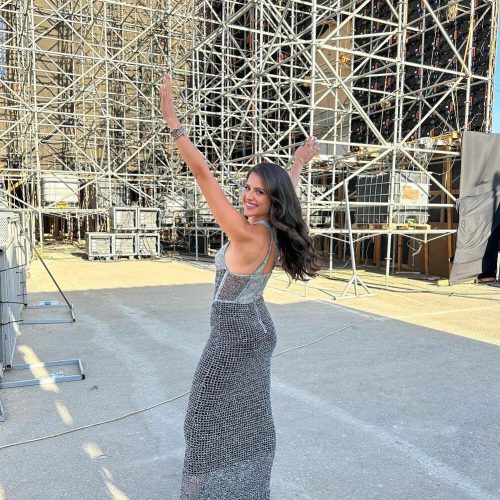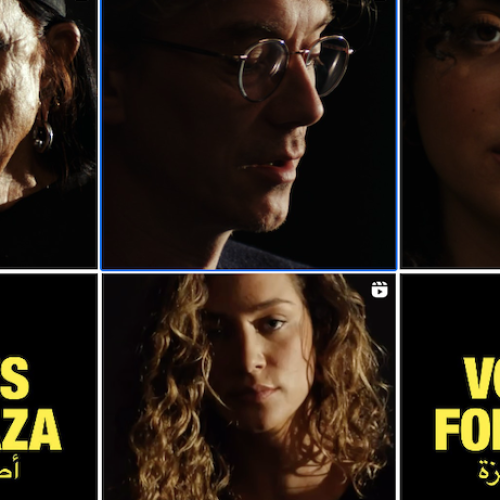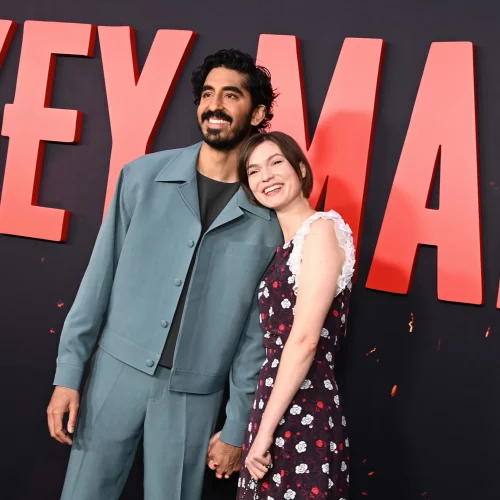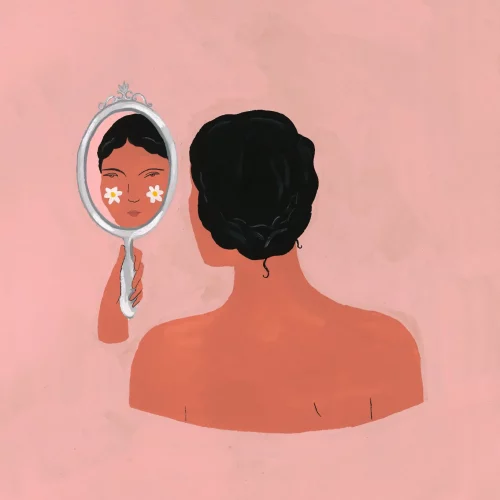Being a good rapper is hard work, but Soulja makes it look so easy. Hailing from Sudan, the young musician has been on a stellar rise these past few years, inching closer to the title of most promising artist to come out of his native land one release at a time. Prior to his move to Cairo, his adoptive home since 2021, the 26-year-old honed his craft in both Malaysia and Saudi Arabia, where the rhythm of each country managed to drench his specific sound with a certain level of depth that adamantly sets him apart from his contemporaries.
With such a diverse background, the genre-bending crooner, who floats between hip-hop and the more alternative, naturally wants to be regarded as a torchbearer for cultural exchange and artistic fusion which he has been attempting to embody since his debut four-years-ago. Given the progress made and the recognition he has amassed in that period, it’s safe to say that Soulja is well on his way to achieving his goal of becoming “ a bridge between cultures, experiences, and people” as he aptly puts it.
“If I can bring someone a moment of understanding or reflection, or if I can inspire someone to express themselves, that’s the goal. It’s about making connections that go beyond just a catchy beat or a clever lyric. I hope to inspire and empower, especially young artists coming out of Sudan,” the Hageega singer told Mille.
His debut album, Deja Vu, which has been a long time in the making and arguably one of the most exciting projects to come out of the region this year, was released mere weeks ago, coming as his first full-length audio statement. The 14-track-long album cruises through a wide range of genres and topics, all serving as a reflection of Soulja’s journey over a tumultuous three-year period marked by war, displacement, and profound self-discovery. Distributed by EMPIRE and executively produced by SVNBIRDS, from the first to the last song, listeners are taken on an immersive sonic journey, weaving together poignant storytelling with experimental beats, creating an experience that resonates deeply with audiences on both a visceral and emotional level.
Below, MILLE sat down with the rising star to shoot the breeze and get to know Sudan’s next music sensation.
Soulja, tell us about yourself and how you started music.
I’ve seen quite a bit of the world and try to translate that experience into music. I grew up in Sudan, but my journey took me through Malaysia, Saudi Arabia, and Egypt. Each place left its mark on me, and you can hear that in my music. Despite the world travels, I’ve always remained firmly rooted in my Sudanese heritage and always strive to make music that honors my language and culture. I started young, using rap as a way to express things I couldn’t put into words otherwise. It gradually became more than a hobby. It became a way to navigate through life’s ups and downs and a medium to connect with others who share similar experiences.
The creation of ‘Déjà Vu’ seems like a personal journey. Can you share more about that?
‘Déjà Vu’ is deeply personal. It’s like a journal of the last few years of my life. The process was therapeutic but challenging, especially with the war back in Sudan. But these challenges were instrumental in shaping the album. There were days I doubted myself, but then there were moments of clarity where everything just clicked. This album is a mix of my struggles, my joys, and everything in between. While I enjoy the spontaneity of singles, creating an album is a fulfilling journey that lets me delve deeper into my creative psyche.
What’s the difference between releasing singles and releasing an album?
Singles are like brief messages from a particular moment in time. An album, though, is like writing a book. It’s a fuller picture of who I am, where I’ve been, and what I’ve felt. While singles are great for instant connection, an album like ‘Déjà Vu’ is where I can really paint a picture of what I’m experiencing and there’s more space to express myself and experiment with different styles. For example, in ‘Qesas’, I try to reimagine the classic Sudanese Zenniq musical style with my own flair. It’s part of an ongoing vision I have for exporting this sound globally.
Your sound is definitely unique. How did it come to be?
My sound is a hybrid fusion of cultures and experiences. It’s grounded in my Sudanese roots but layered with everything I’ve picked up along the way. It’s constantly evolving, and I’m excited to see where it takes me. Maybe I’ll blend in more international elements or experiment with new genres. The possibilities are endless.
Your connection with your listeners, especially in Sudan, seems important to you. Could you elaborate on that?
The connection with my listeners has always been incredibly important to me. It’s humbling to know my music resonates with them. It grounds me and reminds me of my purpose in music. It’s a reminder that no matter where I go, a part of me remains in Sudan, and that part speaks through my music.
How has your life as an artist influenced your perspective?
Being an artist has opened my eyes in many ways. It’s taught me about resilience, about the power of a voice, and about the impact one can make through their art. It’s a role I don’t take lightly, and I’m grateful for the platform it’s given me.
Are there other artistic avenues you’re interested in exploring?
Yes, definitely. Art in any form is a powerful mode of expression. Venturing into different art forms is something I’m open to. I think there’s a lot of unexplored territory where music intersects with other forms of art. I’ve also been dabbling in the fashion side of music.









